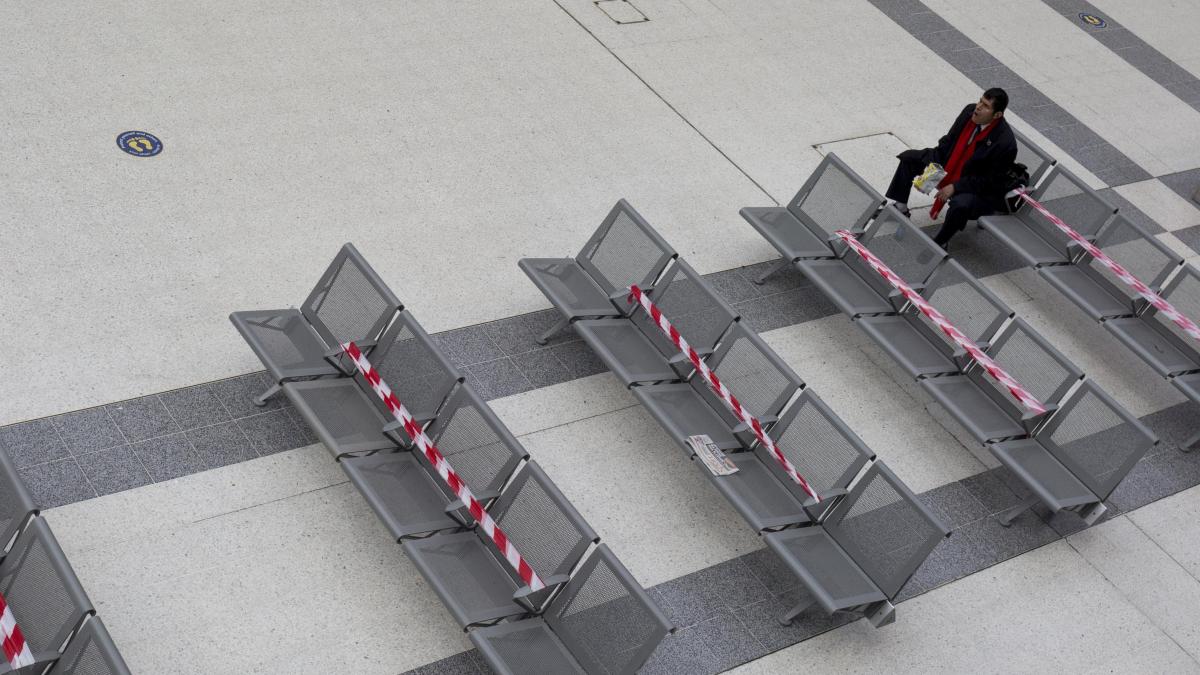Bletchleyite
Veteran Member
The problem we have is that "matching services to demand" doesn't mirror "slashing services to reduce costs". We need to make sure that they don't start slashing costs and inadvertantly destroying services that are needed.
Agreed. There is some murmuring of doing nasty things to branch lines, which isn't the way to solve the problem of fresh air being carried on London commuter services (which are the ones that will be hit by reductions in demand most). With reduced demand it may well be possible to make those look more like Merseyrail - i.e. the same pattern from start to close give or take a bit of early morning/late evening thinning.
It will depend *what* demand returns. Leisure travel would be best supported by keeping up all-day frequencies, for example.
I'd expect the following over the next few years, which would have happened anyway even without COVID but it has pushed things along about 10 years or so:
- Significant reduction in daily London commuting and a lot of people moving further from London (equalising house prices a bit). I'd venture that a Saturday timetable (i.e. like the weekday service but no peak extras) is likely to be workable for all London commuter lines, pretty much, but with longer trains at busier times
- Reduction, but not as big, in commuting into other cities, but that not hitting the railway too badly because of the severe overcrowding there was before
- Leisure travel hit in the short term by people having bought cars, but slowly returning as people remember how little fun sitting in traffic on the M1 is
- Slow increase in long-distance business travel as people go to the office 1-2 days a week from further away
- Touristy branch lines probably largely unaffected
- Non-touristy branch lines possibly hit by reduced demand due to car purchases but likely to recover over time
Last edited:


